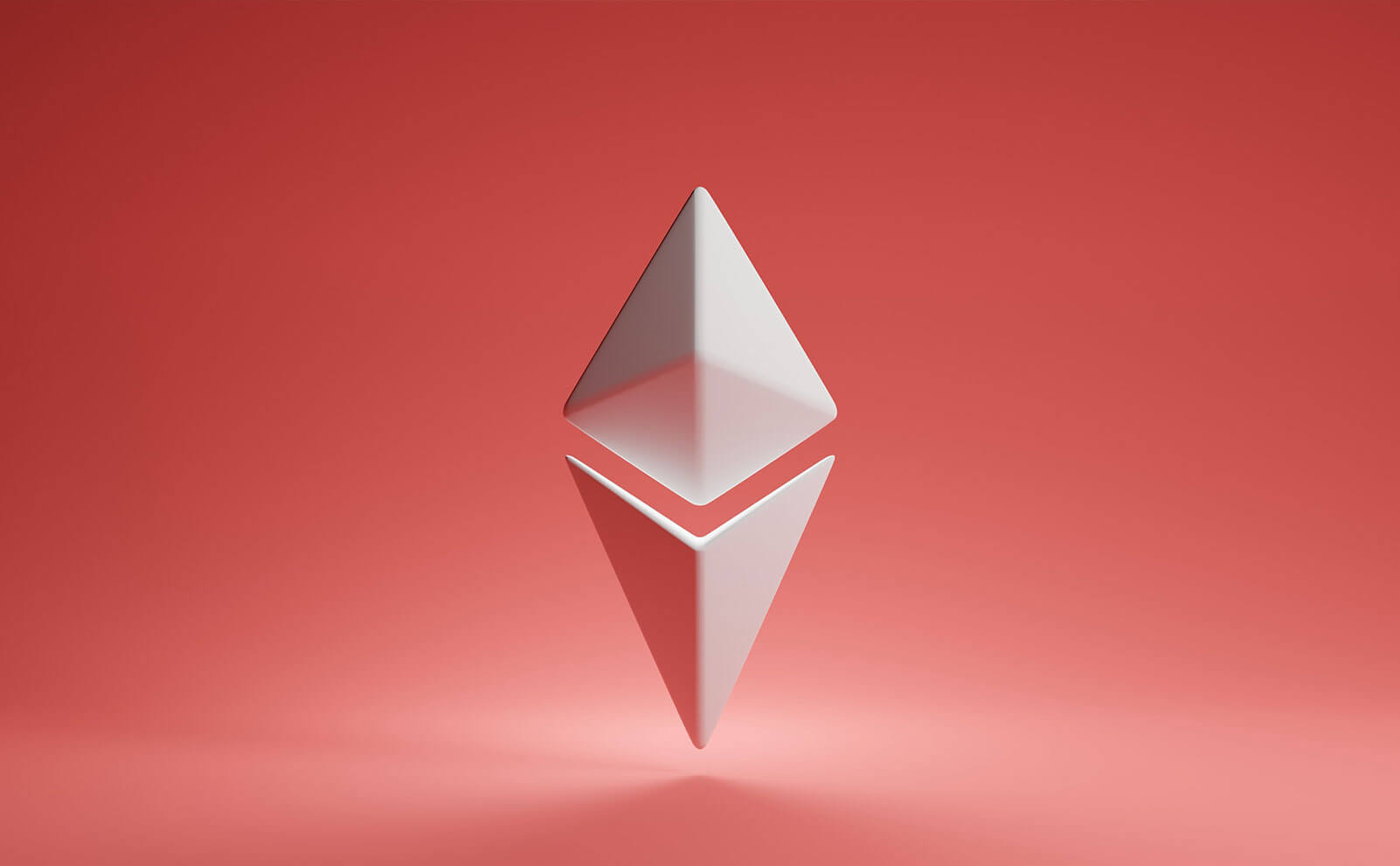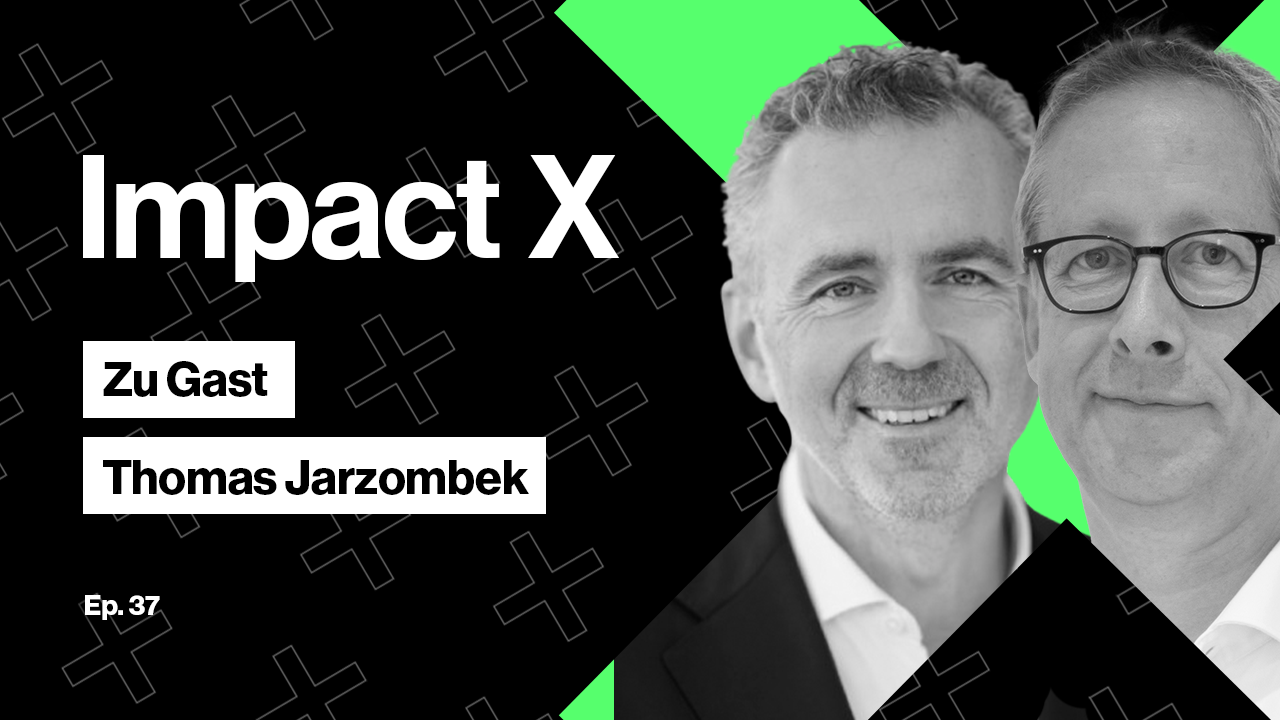As a decentralized and fair Internet, Web3 aims to give users back control over their data, identity, and destiny, as the Web3 Foundation describes the motivation behind the idea. But what is behind it and whom does this approach actually offer an opportunity?
Technicians in particular are enthusiastic about the new technologies and solutions they are constantly inventing. And history repeats itself – again and again. For many centuries, it was the powerful and then, until the 1970s, the military who tried to use the most suitable technologies to maintain or, even better, expand their power. In the 1990s and 2000s, this pattern changed significantly.
From a shattered dream of freedom to an oligopoly of power
The Internet may be a military design, but in the 1990s nerds used it to create a new, freedom-bringing digital culture. A dream in which every person can freely exchange data and thoughts with every other person on the globe; access to the world’s knowledge from anywhere.
After the first big economic (dotcom) bubble, which was nourished by this dream of digital freedom, burst in 2003, the nerds’ concept of freedom based on decentralization changed drastically.
In less than 20 years, robust decentralized technology (TCP/IP, HTML, SMTP) has evolved into a centralized economic power oligopoly. GAMA (i.e. Google, Amazon, Meta, and Apple) and other major digital players such as Microsoft, Alibaba, and Tencent have taken control. The dream of freedom is over. In the digital world, new princes and powers have imposed their power on us.
What is new is that they are economic powers. We have given these companies power through our choices as consumers. And in addition to enabling this market power, we consumers have also made them the most valuable companies on the planet. After all, ownership is still widely dispersed. Shares in the major oligopolists are held in private portfolios and in the funds of insurance companies and pension funds, which thus form our retirement provision.
Use of technology and claim to power
In the first phase of technology utilization by the powerful, physical power, economic power and property were bundled. In the Middle Ages, technology acceptance curves took many decades to achieve widespread use of technology.
With the separation of economic power from state power through the creation of corporations in the 19th century, technologies such as railroads, telegraphs, light bulbs, cars, satellites ,and television were able to spread much faster in a second phase of technology use. The main driver for this acceleration is the financing by venture capitalists and the transfer of technologies into competing companies managed in the form of stock corporations.
We are currently at the end of a third phase in the use of technology: Over the last 20 years, the digital business models of large Internet companies have led to the emergence of quasi-monopolies.
The search for quick profits
The top priority of any technological development is to achieve hockey-stick developments through speed and increasingly professional management of technologies, which can be used to occupy a market segment like a monopoly. US early-stage investors in particular, who occupy markets via their networks, capture a large part of the returns.
Once the increase in value has been achieved through the formation of quasi-monopolies, normal, broadly diversified equity investors can participate in further value creation via IPOs. If bubbles have previously formed, as we have seen in recent years, it can be assumed that the diversified equity investors have paid the early technology investors even more than the real value for the development of the companies.
Can this system be further accelerated and optimized for those who develop, market, and finance technology? Yes, with Web3.
Web3 – the hope for the new, better Internet
Web3 is not sharply defined and encompasses all aspects of a new, decentralized world. The focus is on DeFi (Decentralized Finance) and all varieties of blockchain protocols. This also includes NFTs and, indirectly, the metaverse concepts.
Now that the actually free and open Internet has been hijacked by a few oligopolists, we need a new call for freedom: The free Internet didn’t work out after all – let’s try again!
The practical thing about decentralized concepts such as blockchain is that although they decentralize what was previously centralized (banks, cloud data centers), they ultimately introduce something new and centralized, namely control logic. Although this is distributed in a decentralized manner, it is a centralized logic.
That is not an argument against decentralized systems. It will happen and we will see more and more use cases of decentralized technologies. Google, Meta, and Amazon still own the servers they use to manage our data. Blockchain and Web3 technologies will mean that the central beneficiaries of the system will not even have to invest in operating the necessary systems. They are therefore perfect asset-light concepts.
Who will benefit from Web3?
At the same time, we can observe something else: The creators or early pioneers of decentralized technology like Bitcoin and Ether no longer need broad-based equities to convert their investments into economic power and personal capital. 95 % of Bitcoin’s value is owned by 2 % of users, and it’s similarly stark in the NFT world.
In the fourth phase of technology use, there is thus an unprecedented accumulation of capital (ownership) for technology developers. The large global investors have thus become meta-gold diggers, creating markets with enormous amounts of capital and an extremely deep understanding of teams and technologies. They are not looking for the gold available on this planet, but are creating something new that others think is gold.
They have found a way to create direct value through the virtualization of market mechanisms and rules – because that is what decentralized technology is, i.e. Web3. Markets such as NFTs are created by investors. These markets do not satisfy latent human needs, but we use them out of fear of missing out (FOMO) or out of greed. We are frantically trying to declare small creators as potential beneficiaries of a theoretical creator economy.
Solid technologies instead of short-term value bubbles
Web3 is therefore not really a new technology, but above all the revitalization of an old utopia: freedom through and with technology. In technological terms, Web3 is a normal evolutionary development. Although the market-creating investor models behind it reduce the risk of a monopoly forming on the market side, they shift the monopolization towards a few economic beneficiaries of the technology.
Solid deep-tech investors and founders who are unable or unwilling to promise their customers and other investors gigantic multiples suffer as a result. If we want to develop Germany as a technology location in a sensible way, we need solid technologies, ambitious and competent founders and deep tech investors who are real enablers. And who are prepared to invest a lot of work and sweat in their start-ups as well as money.
The perception of the third technology phase that we as users are the product and that data-driven corporations are the main beneficiaries of the technology is outdated for Web3 companies. Those who use today’s early Web3 technologies create value for the few beneficiaries of the technology in a direct way and without the detour via real sales (e.g. for advertising).
What is really new about Web3 in the fourth phase of technology use is the mechanism of value creation.



